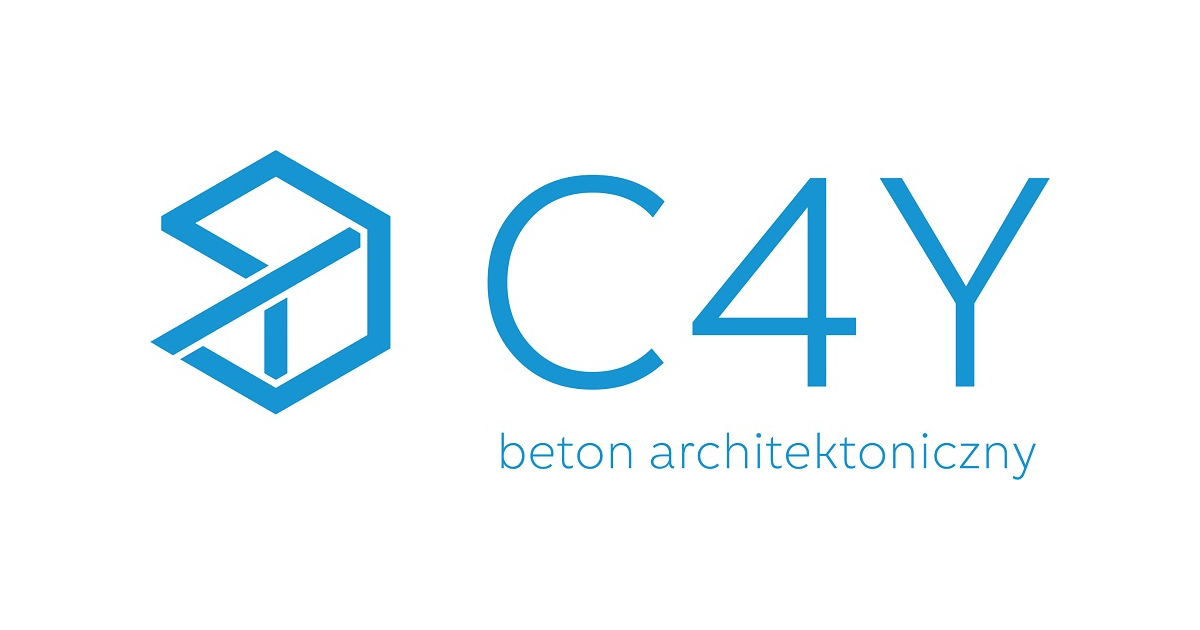PRIVACY POLICY OF THE WWW.C4Y.PL WEBSITE
I. General information.
1. The operator of the website www.c4y.pl is C4Y BETON ARCHITEKTONICZNY Sp. z o.o., 62-065 Grodzisk Wielkopolski, ul. Garbary 23.
2. The website obtains information about users and their behavior in the following way:
- Through information entered voluntarily in forms.
- Through cookie files saved in end-devices (so-called „cookies”).
- By collecting web server logs by the hosting operator HOME Spółka Akcyjna S.K.A., operating at www.home.pl.
II. Information in the forms.
1. The website collects information provided voluntarily by the user.
2. The website may also save information about connection parameters (time stamp, IP address)
3. The data in the form is not made available to third parties other than with the consent of the user.
4. The data provided in the form may constitute a set of potential customers, registered by the Website Operator in the register kept by the Inspector General for Personal Data Protection.
5. The data provided in the form are processed for the purpose resulting from the form’s function, eg for commercial contact.
III. Information about cookies.
1. The website uses cookies.
2. Cookie files (so-called „cookies”) are IT data, in particular text files, which are stored on the Website User’s end device and are intended for the use of the Website’s pages. Cookies usually contain the name of the website they come from, the storage time on the end device and a unique number.
3. The entity that places cookies on the Website User’s end device and obtains access to them is the Website operator.
4. Cookies are used for the following purposes:
- creating statistics that help to understand how Website Users use websites, which allows improving their structure and content;
- determining the user’s profile in order to display him matched materials in advertising networks, in particular the Google network.
5. The Website uses two basic types of cookies: session cookies and persistent cookies. Session cookies are temporary files that are stored on the User’s end device until logging out, leaving the website or turning off the software (web browser). Persistent cookies are stored on the User’s end device for the time specified in the cookie file parameters or until they are deleted by the User.
6. Software for browsing websites (web browser) usually allows cookies to be stored on the User’s end device by default. Website Users can change the settings in this regard. The web browser allows you to delete cookies. It is also possible to automatically block cookies.Detailed information on this subject can be found in the help or documentation of the web browser.
7. Restrictions on the use of cookies may affect some of the functionalities available on the Website pages.
8. Cookies placed on the Website User’s end device may also be used by advertisers and partners cooperating with the Website operator.
9. We recommend that you read the privacy protection policies of these companies to learn about the rules of using cookies used in statistics: Google Analytics Privacy Policy
10. Cookies may be used by advertising networks, in particular the Google network, to display advertisements tailored to the manner in which the user uses the Website. For this purpose, they may keep information about the user’s navigation path or the time spent on a given page.
11. In terms of information about user preferences collected by the Google advertising network, the user can view and edit information derived from cookies using the tool: https://www.google.com/ads/preferences/
IV. Server logs.
1. Information about some of the behaviors of users are subject to logging in the server layer. These data are used only to administer the website and to ensure the most efficient service of the hosting services provided.
2. The browsed resources are identified by URL addresses. In addition, the following may be saved:
- time of request,
- time the response was sent,
- name of the client station – identification performed by the HTTP protocol,
- information about errors that occurred during the execution of the HTTP transaction,
- URL of the page previously visited by the user (referrer link) – if the Website was accessed via a link,
- information about the user’s browser,

